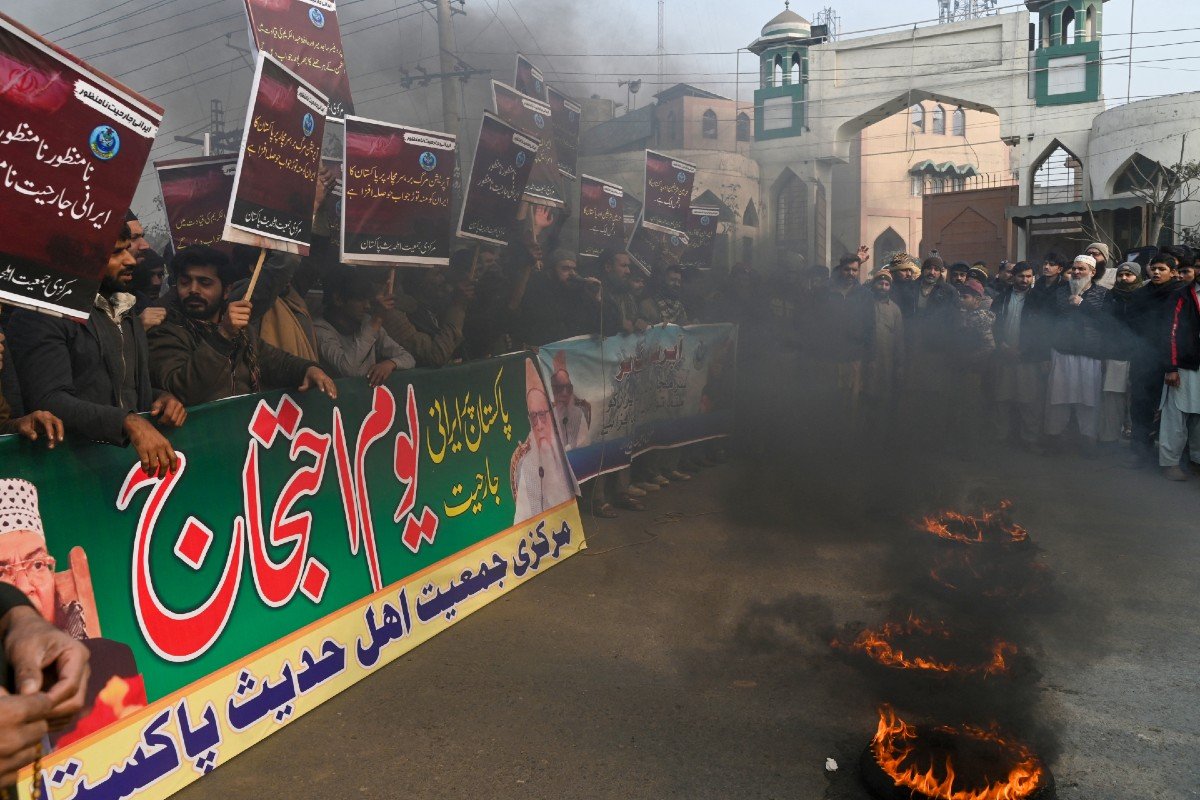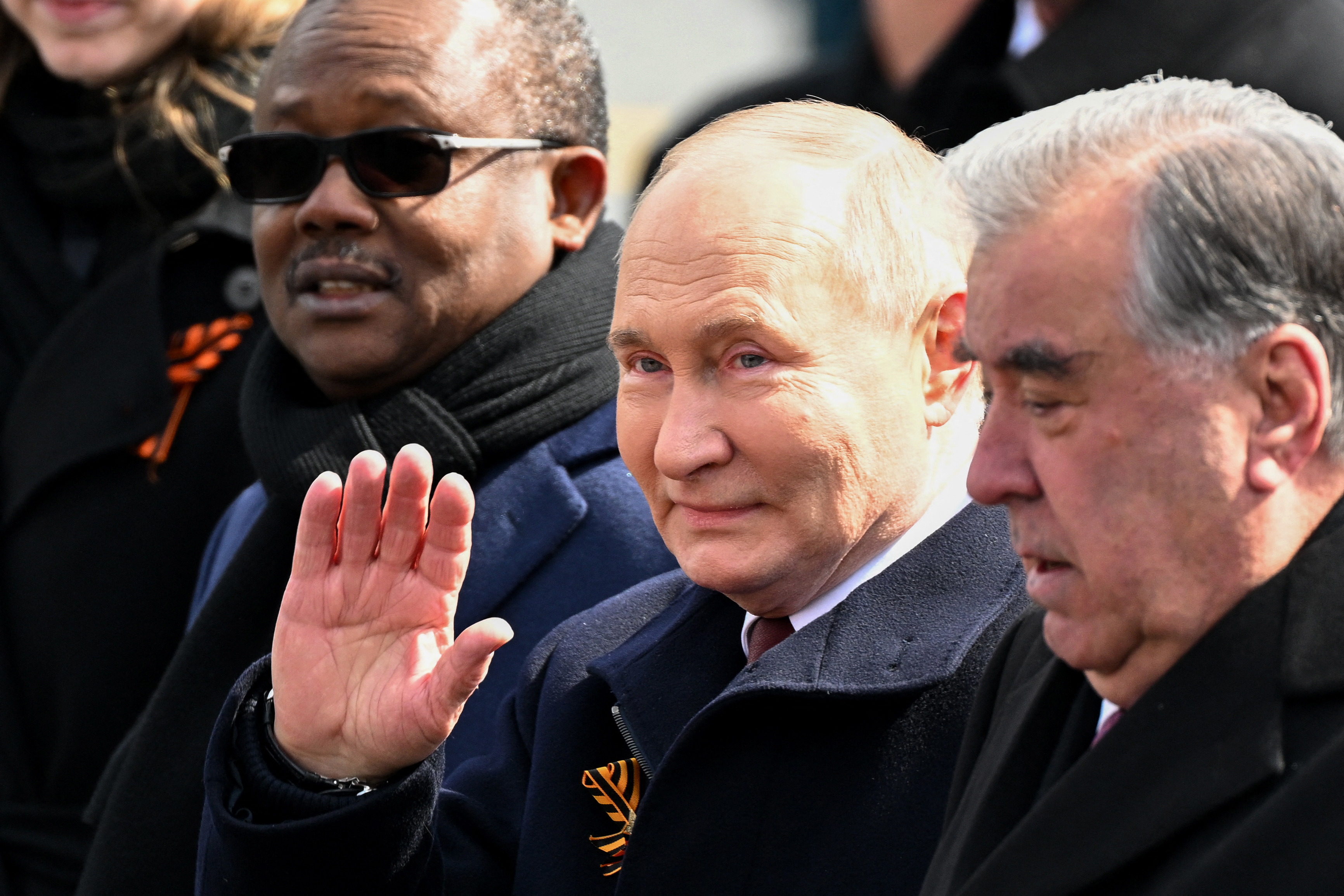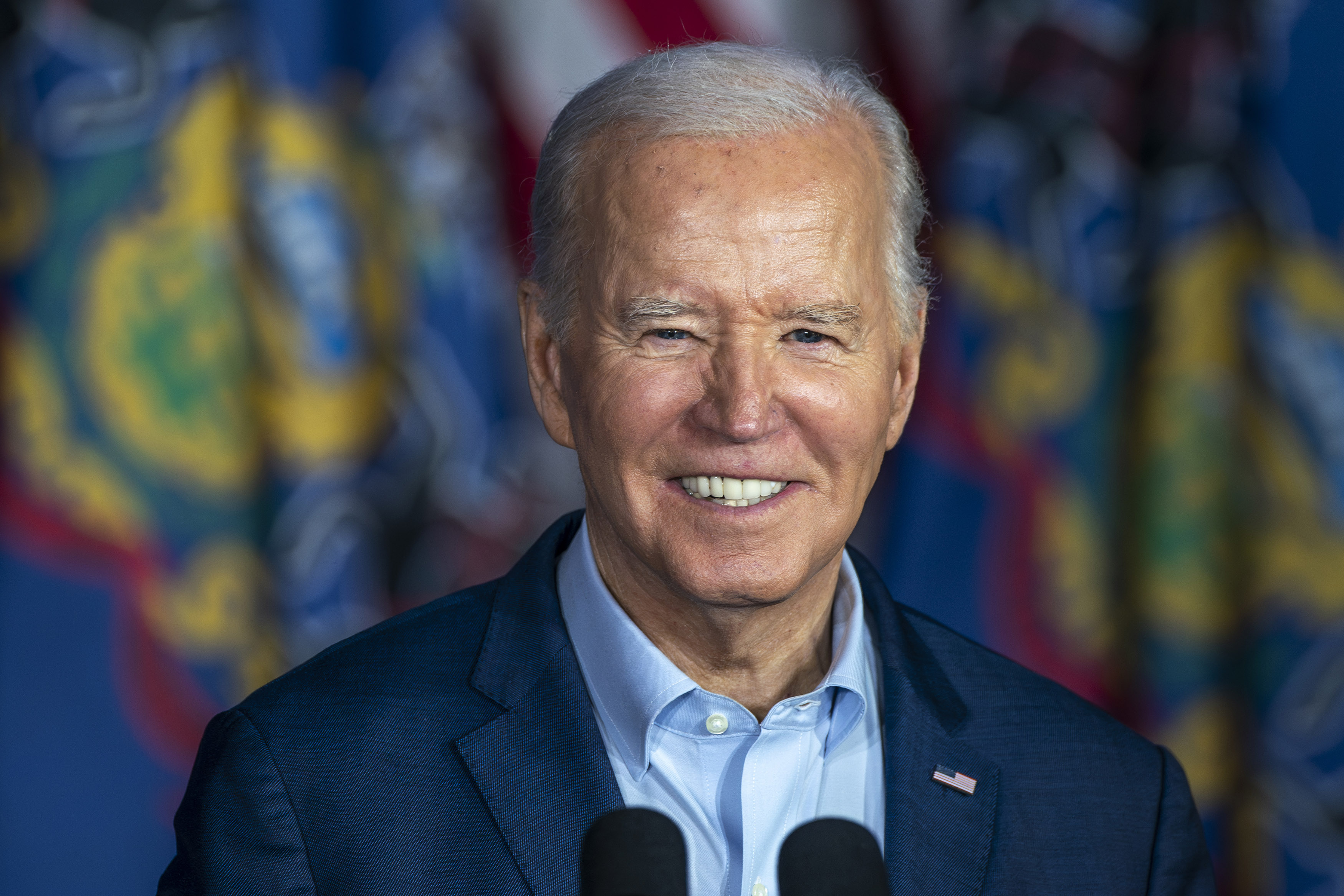Iran has emphasized the "amicable and brotherly relations" between the country and Pakistan after an exchange of deadly missile and drone strikes stoked fears of further violence between the neighboring countries and across the Middle East.
"The Islamic Republic of Iran adheres to the policy of good neighborliness and brotherhood between the two nations and the two governments of the Islamic Republic of Iran and Pakistan," Iran's Foreign Ministry said in a statement on Thursday.
"It does not allow enemies to strain the amicable and brotherly relations of Tehran and Islamabad," Iran said.
Strikes launched by both countries this week fueled anxieties across the Middle East of further violence breaking out across the region. Since early October, Israel has waged war in Gaza against Palestinian militant group Hamas, which the United States has denounced as funded by Iran.
Houthi militants based in Yemen have also fired on and struck maritime traffic passing through the Red Sea, which the rebels said were aimed at damaging Israeli assets. The U.S. military has embarked on days of strikes in Yemen against Tehran-aligned Houthi rebels in the country.
U.S. bases in Iraq and Syria have also come under a spate of attacks in recent months. As it fired on Pakistan, Iran also launched strikes on Iraqi and Syrian territory earlier this week.

But despite strong condemnation from both Pakistan and Iran, neither side appears to have an appetite for escalation.
The sentiment is echoed by the international community. Kremlin spokesperson Dmitry Peskov said Russia urged "all states in the region and adjacent regions to exercise restraint and diplomacy," adding Moscow was in constant diplomatic contact with both Tehran and Islamabad.
"We support the two sides in resolving differences and disagreements through dialogue and consultation," Chinese Foreign Ministry spokesperson Mao Ning said on Friday.
"We don't believe this should escalate in any way, shape, or form," U.S. State Department spokesperson Matthew Miller told reporters on Thursday. But Iran has a "long history of funding terrorism, of funding instability, and sowing discord in the Middle East" that has come to fruition in Gaza and Yemen, Miller said.
On Tuesday, Iran struck western Pakistan with missiles and drones, targeting what it described as two bases of the Jaish al-Adl militant group based in Balochistan.
Iranian Foreign Minister Hossein Amirabdollahian said Tehran had launched the strikes on "Iranian terrorists present on Pakistani soil."
"Pakistan strongly condemns the unprovoked violation of its airspace by Iran and the strike inside Pakistani territory which resulted in death of two innocent children while injuring three girls," Islamabad said in a statement. "This violation of Pakistan's sovereignty is completely unacceptable and can have serious consequences."
Pakistan's Foreign Ministry said the strikes had taken place despite "several channels of communication" between Islamabad and Tehran. A senior Iranian diplomat was summoned to "convey our strongest condemnation" of the action, Pakistan said.
Pakistan retaliated on Thursday with "highly coordinated and specifically targeted precision military strikes" on separatist militants in eastern Iran, killing several people, Islamabad said. It launched the strikes "in light of credible intelligence of impending large scale terrorist activities" by Pakistani militants "operating the ungoverned spaces inside Iran."
Nine people in Iran were killed in the Pakistani strikes, none of whom were Iranian citizens, according to Iranian state media.
The Iranian Foreign Ministry said on Thursday it "condemns Pakistan's unbalanced and unacceptable drone attack on non-Iranian villagers on the border of the two countries."
But Iran "differentiates between Pakistan's friendly and brotherly government and armed terrorists," Tehran said.
Iranian officials and the country's state media outlets "attempted to deescalate after the Pakistani airstrikes on Saravan, Sistan and Baluchistan Province," according to the Institute for the Study of War think tank.
Pakistan's Foreign Ministry said it had stressed to Turkey on Friday that its strikes early on Thursday were "aimed at terrorist camps inside Iran and that Pakistan has no interest or desire in escalation."
The two countries share hundreds of miles of border along Iran's southeastern edge and Pakistan's southwestern territory.
"Neither country seeks to fight an inter-state war on their shared frontier," Arif Rafiq, president of New York-based Middle East and South Asian political and security consulting firm Vizier Consulting, told Newsweek earlier this week. They face threats of a greater strategic magnitude from elsewhere."
Uncommon Knowledge
Newsweek is committed to challenging conventional wisdom and finding connections in the search for common ground.
Newsweek is committed to challenging conventional wisdom and finding connections in the search for common ground.
About the writer
Ellie Cook is a Newsweek security and defense reporter based in London, U.K. Her work focuses largely on the Russia-Ukraine ... Read more
To read how Newsweek uses AI as a newsroom tool, Click here.






